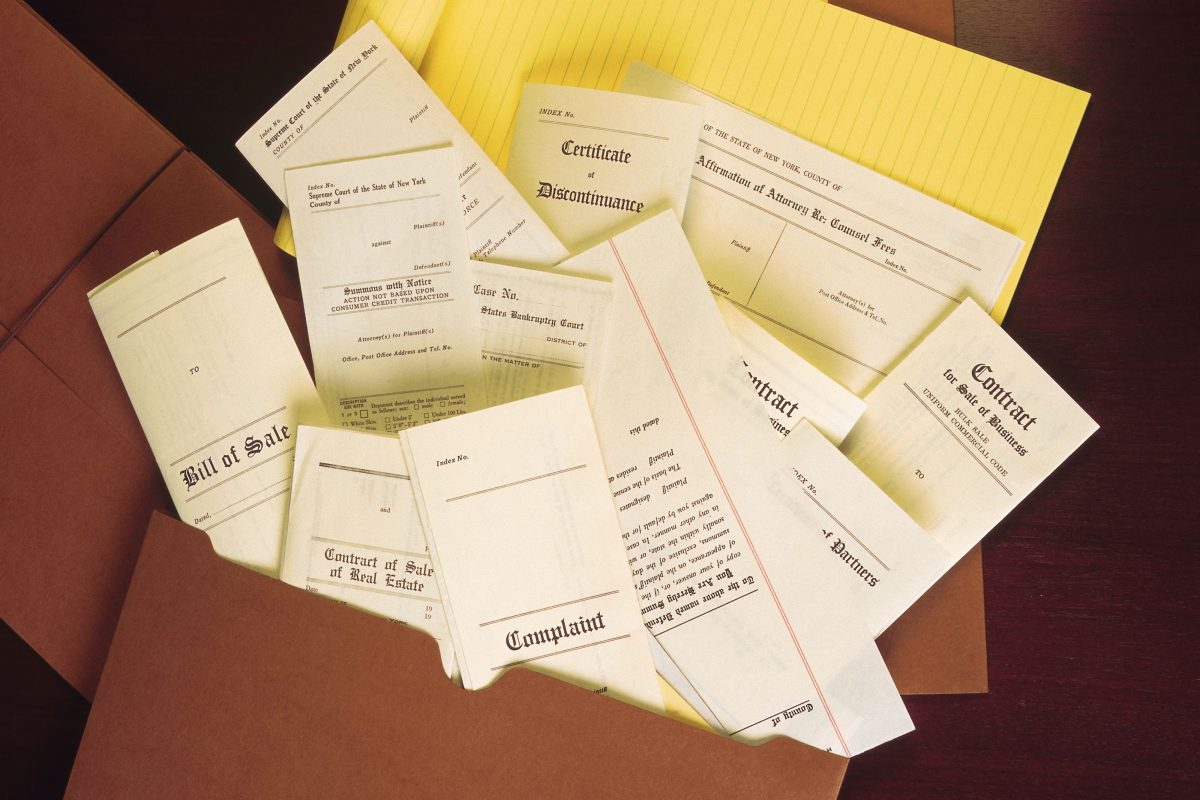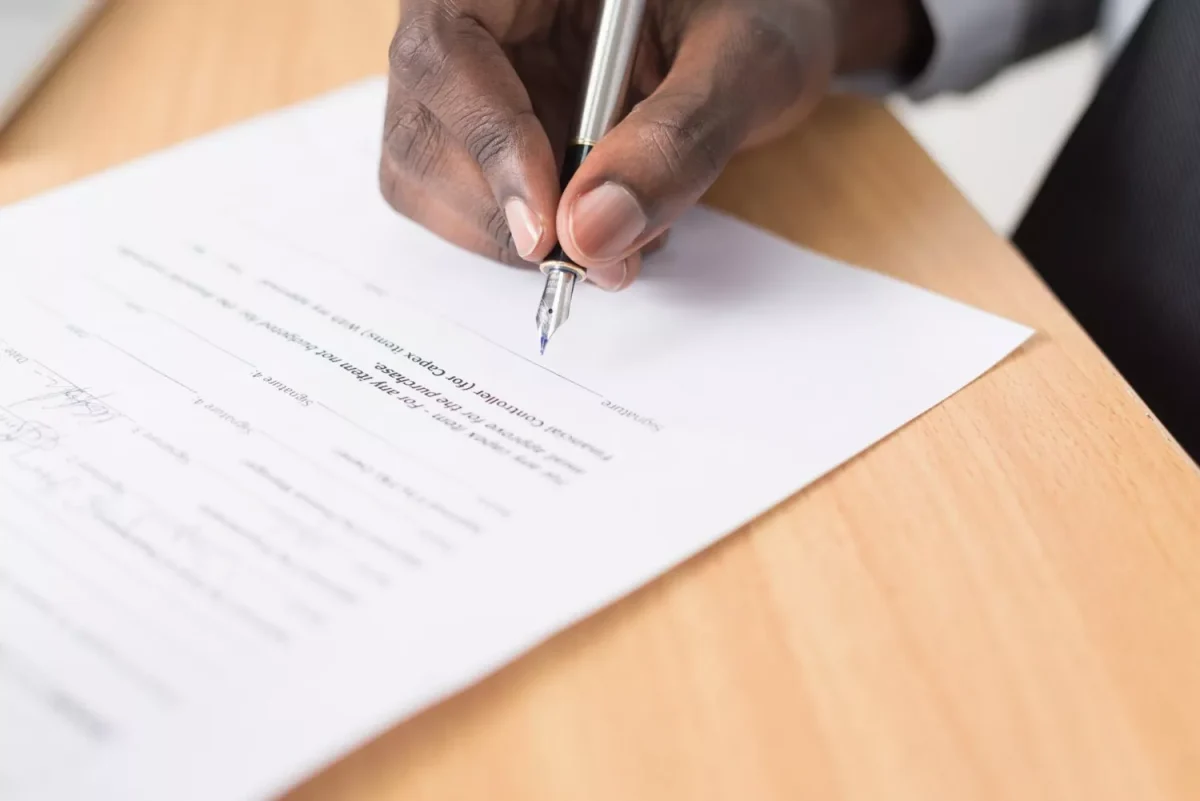Do You Need Probate in Colorado? Essential Answers
When a loved one passes away, the question often arises: Do I have to file probate if there’s a will? The answer, in most cases, is yes. Even if there is a valid will, probate is typically required to legally transfer ownership of the deceased’s assets to the beneficiaries named in the will. Here’s a detailed look at why probate is necessary and how the Cobb Home Team can assist you during this process.










